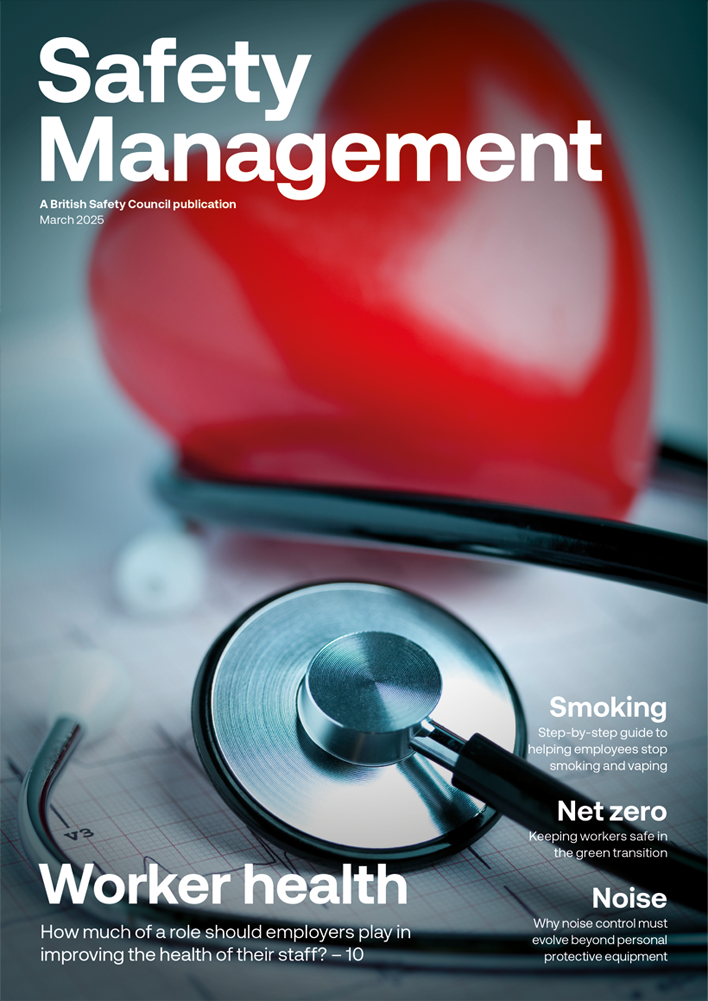As UK temperatures in June soared to their highest level this year and yellow heat health alerts were issued across much of the country, the TUC has warned of the dangers of hot workplaces and called for the introduction of a legal maximum temperature at work.
News
Too hot to work? TUC calls for legal maximum UK working temperature
The union wants to see the introduction of an absolute maximum indoor working temperature of 30C – or 27C for those doing strenuous jobs – beyond which work must stop. It is also calling for a change in the law that would require employers to try and reduce temperatures in the workplace if they exceed 24C and workers feel uncomfortable.
 The TUC is calling for the introduction of a maximum indoor working temperature of 30C for non-strenuous jobs. Photograph: iStock/CentralITAlliance
The TUC is calling for the introduction of a maximum indoor working temperature of 30C for non-strenuous jobs. Photograph: iStock/CentralITAlliance
“Extreme heat is becoming the norm and we’re struggling to cope,” said TUC general secretary Paul Nowak. “We need to adapt – and that means improving the law, investing in resilience and delivering climate action.”
There is no law in the UK for a maximum working temperature because every workplace is different, according to the Health and Safety Executive (HSE). The regulator states on its website that “no meaningful upper limit can be imposed because in many indoor workplaces, high temperatures are not seasonal but created by work activity, for example in bakeries or foundries”.
The Workplace (Health, Safety and Welfare) Regulations require employers to provide a “reasonable indoor temperature” in the workplace, but no specific limit is set. Similarly, the Construction (Design and Management) Regulations require “reasonable” workplace temperatures for indoor areas of construction sites. For outdoor construction workers, protection from adverse weather conditions must be provided, along with rest facilities.
The Labour party, which is leading the polls in the run-up to the UK General Election on 4 July, has indicated in its ‘New Deal for Working People’ that it will look at “modernising” guidance on extreme temperatures in the workplace.
The party said in the document: “Labour recognises that in a number of sectors working temperatures are regularly unacceptably high, including for those working in strenuous and sedentary jobs, causing serious health and safety concerns. Labour will commit to modernising health and safety guidance with reference to extreme temperatures, preventative action and steps to ensure safety at work.”
The TUC has welcomed this commitment, noting that it would “move Britain closer to standard practice in other countries like Spain and Germany that have maximum working temperatures enshrined in workers’ rights”.
The International Labour Organization (ILO) warned in April that more than 70 per cent of the global workforce would be affected by exposure to excessive heat at some point because of climate change. The UN body said that as climate change hazards evolve, “it may be necessary to re-evaluate existing legislation or create new regulations and guidance, to ensure that workers are properly protected”.
Earlier this year, the Environment Audit Committee warned in a report that as global temperatures continue to increase, heatwaves could claim up to 10,000 lives a year in the UK and cause work-related injuries to spike. The cross-party committee of MPs called on the Government to put in place a national heat resilience plan that prioritised “passive cooling” measures, such as installing external shutters on buildings, coating roofs with reflective white paint and expanding access to green space.
NEWS

Poor-quality work “worse for health than being unemployed”, says report
By Belinda Liversedge on 13 March 2025
1.7 million workers in Great Britain suffer from health conditions caused or made worse by their job – higher than before the pandemic, a new report has found.

Zero-hours contract rights extended to agency workers under Employment Rights Bill amendments
By Kerry Reals on 04 March 2025
A ban on “exploitative” zero-hours contracts will be extended to include agency workers and statutory sick pay rules will be strengthened, as part of a series of amendments to the Employment Rights Bill tabled by the Government on 4 March.

British Safety Council hosts successful Middle East Conference in Dubai
By Jay Ludditt, British Safety Council on 19 February 2025
It was a special day in Dubai on 11 February as British Safety Council presented its Middle East Conference 2025 – the organisation’s first live, in-person event in this part of the world for several years.



